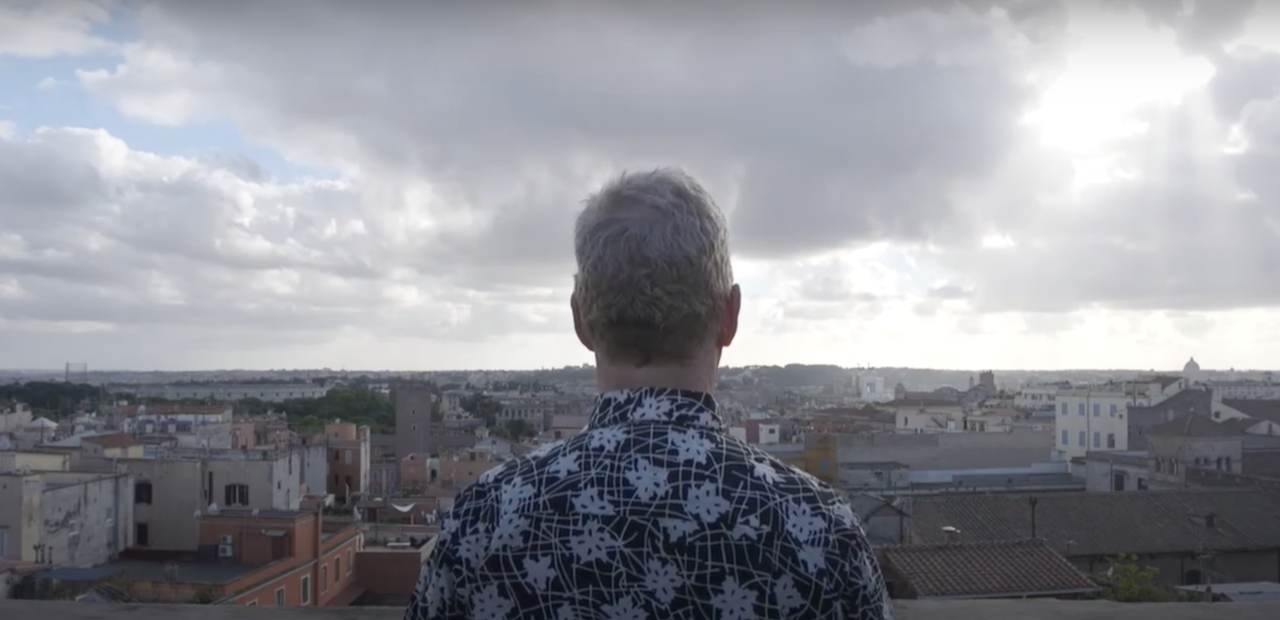In una Roma contemporanea, tra campagne assediate dal cemento e rive del Tevere nascoste, i destini di Sven, un cicloattivista norvegese appassionato di Pasolini, Giulia, una giovane contadina che difende la sua terra dalla speculazione edilizia e Mario, un romano dal cuore d’oro, si intrecciano nella lotta per creare il “Sentiero Pasolini” lungo il fiume, da Roma al mare. Ostacolati da potenti proprietari, politici mediocri e una burocrazia insensibile, questi improbabili alleati si battono per un’utopia fatta di natura e comunità, in una battaglia che riflette il dramma dell’Occidente contemporaneo. La loro è una lotta senza speranza o possono ancora riscrivere il proprio destino?
Il titolo Tevere Corsaro è un rimando agli "Scritti Corsari" di Pier Paolo Pasolini, un volume degli anni ’70 di critica radicale alle società occidentali sviluppate. Vi è qualcosa di universale in questo viaggio di antieroi alla ricerca di sé e di un senso di appartenenza. Universale è il bisogno di adottare modelli di vita diversi e sostenibili, abbracciando sentimenti di cura per lo spazio e per le comunità che lo abitano. Questa piccola anabasi ritrae la crudeltà e la bellezza del paesaggio fluviale, un’epopea che diventa apologo di una società smarrita. La nostra storia si svolge sull’orlo dell’abisso di un disastro economico, ecologico, urbanistico e antropologico che riguarda tutti noi.
Il lavoro di osservazione è durato quattro anni. Un lungo periodo che ha visto le vite dei protagonisti e le nostre stravolte. Durante la lavorazione del film è morto il co-regista Pietro Balla. Avrei voluto continuare a battagliare con lui in sala di montaggio, ma non per questo il film è meno irriducibilmente “nostro”. Voglio concludere queste note con le parole di Pietro. Quando una donna sulla riva del fiume, durante le riprese, chiese che storia stavamo raccontando e se sarebbe finita con la realizzazione del “Sentiero Pasolini”, lui ha risposto: “È una storia di perdenti sicuri. Io non so bene chi abbia ragione o torto, perché la faccenda è molto complicata. Però è paradigmatica di questi tempi... Quando finirà? Durerà finché resisteremo noi”.
Regia
Pietro Balla, Monica Repetto
Soggetto
Pietro Balla, Monica Repetto
Sceneggiatura
Pietro Balla, Monica Repetto
Interpreti
Sven Scheen, Mario Girolami, Giulia Marrocchini, Pietro Marrocchini
Direttore di produzione
Monica Repetto
Produzione esecutiva
Pietro Balla, Monica Repetto
Produttore
Pietro Balla, Monica Repetto
con il sostegno di Film Commission Torino Piemonte -
Piemonte Doc Film Fund - sviluppo dicembre 2020, produzione dicembre 2021
